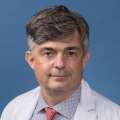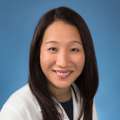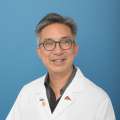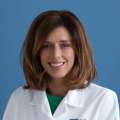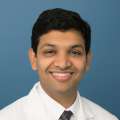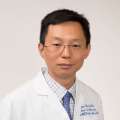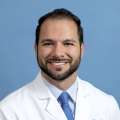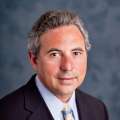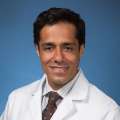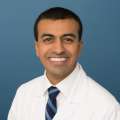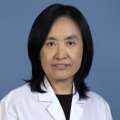Obesity & Metabolic Health
Our Team
Find your care
Our knowledgeable experts treat obesity and fatty liver disease while improving metabolic health. Call 310-825-2631 to connect with a specialist.
The obesity and metabolic health team comprises a highly skilled core group of physicians and scientists with a broad range of expertise in lipid metabolic, genetic, surgical, endocrine, neurophysiologic, and imaging models to study the effects of obesity in both animals and humans. This collective group of the best scientists and clinicians at UCLA shares the vision of an integrative approach to treating and studying patients with obesity and metabolic dysfunction.
